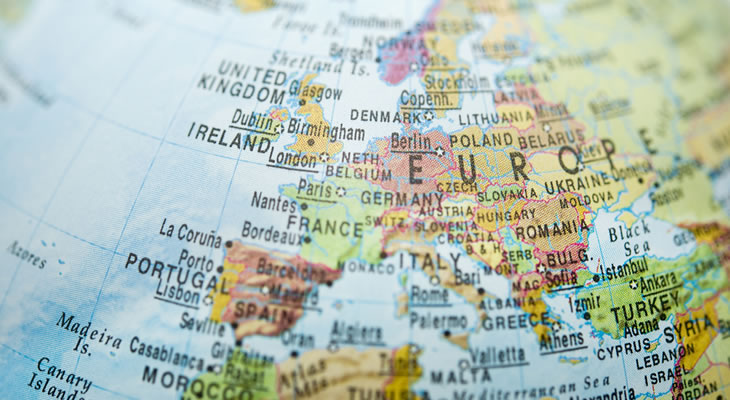EUR/GBP Exchange Rate Climbs despite Rise in UK GDP
The Euro Pound (EUR/GBP) exchange rate is punching higher this morning as Sterling sentiment continued to be undermined by Brexit jitters.
At the time of writing EUR/GBP exchange rate has risen 0.3% this morning, with the pairing having relinquished around a cent so far this week.
Pound (GBP) Exchange Rate Weakens as Brexit Uncertainty Overshadows GDP
The Pound (GBP) weakened against the Euro (EUR) and the majority of its other peers on Friday, with markets largely overlooking the latest UK GDP figures in the face of growing Brexit uncertainty.
According to data published by the Office for National Statistics (ONS), UK growth picked up slightly in November, with GDP climbing from 0.1% to 0.2%.
However this failed to bolster Sterling sentiment this morning as investors remain focused on the upcoming parliamentary vote on Theresa May’s Brexit deal as analysts forecast that the PM may lose the vote by a margin of 200.
Euro (EUR) Climb on US-China Trade Optimism
At the same time the Euro (EUR) was bolstered on Friday morning as demand for the single currency rose as positive trade sentiment limited the appeal of the US Dollar (USD).
This comes in the wake of comments by US Treasury Secretary Steve Mnuchin in which he suggested that China’s Vice Premier Liu He may visit the US later this month for high-level trade talks.
With no European data releases of note left this week to influence EUR exchange rates, the Euro may continue to find support through the session, especially if some weak US inflation figures further undermine the US Dollar.
EUR/GBP Exchange Rate Forecast: Brexit Vote Set to Dominate Sterling
Looking ahead to next week’s session, the Euro Pound (EUR/GBP) exchange rate is likely to be dominated by Brexit as MPs finally vote on Theresa May’s withdrawal deal on Tuesday.
With the vote widely expected to result in MPs rejecting the deal, it’s likely that the subsequent uncertainty will see Sterling met by some considerable volatility.
Meanwhile EUR investors are likely to focus on the release of Germany’s 2018 GDP report next week.
A run of lacklustre German data has prompted speculation that Europe’s largest economy may have entered a technical recession at the end of last year, with any confirmation that growth contracted again in the fourth quarter, likely drag on the Euro.


Comments are closed.